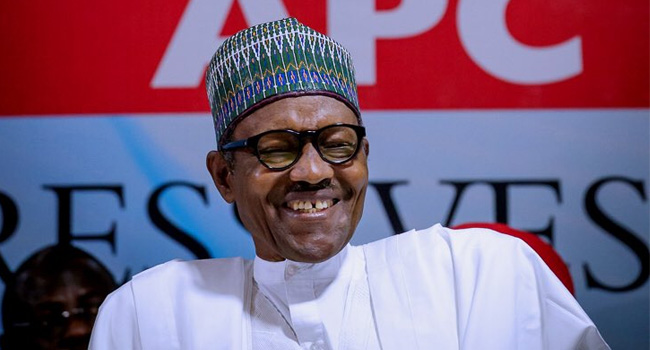NEWS
Nigeria’s now owes World Bank over ₦6tn

Nigeria’s borrowing from the World Bank has skyrocketed by 121.46% during the administration of President Muhammadu Buhari, according to reports by TopNaija.ng.
The data showed that the country’s indebtedness to the World Bank Group increased by $7.64 billion in seven years, rising from $6.29 billion in 2015 to $13.93 billion in 2022. While these loans are typically tied to various projects, experts warn that Nigeria could face a debt repayment crisis if urgent steps are not taken to tackle the spate of borrowing.
Economists caution that if the incoming government doesn’t prioritize expanding Nigeria’s revenue base, the debt service to revenue ratio could exceed 100%. Professor Adeola Adenikinju of the University of Ibadan warns that Nigeria’s debt could become unsustainable and costly if urgent measures are not taken to increase the country’s revenue base. He stresses that debts must be incurred to finance productive investment that can fund itself and contribute to economic growth.
The poor state of Nigeria’s infrastructure and low-income are two reasons why the country is heavily dependent on borrowing. Despite the projects funded by these loans, Nigeria’s debt servicing is already at risk of exceeding revenue, with 96% of revenue already being spent on debt servicing as of 2022. With impairments of over N155 billion, the Ghana subsidiaries of some Nigerian banks have also reported damage charges due to the public debt restructuring move of the West African country’s government.
As Nigeria continues to borrow from international financial institutions, the country must prioritize sustainable investments that will create jobs, spur economic growth, and generate revenue. Urgent measures must also be taken to expand Nigeria’s revenue base to avoid a looming debt crisis. Otherwise, the country may be forced to grapple with the consequences of unsustainable borrowing for years to come.